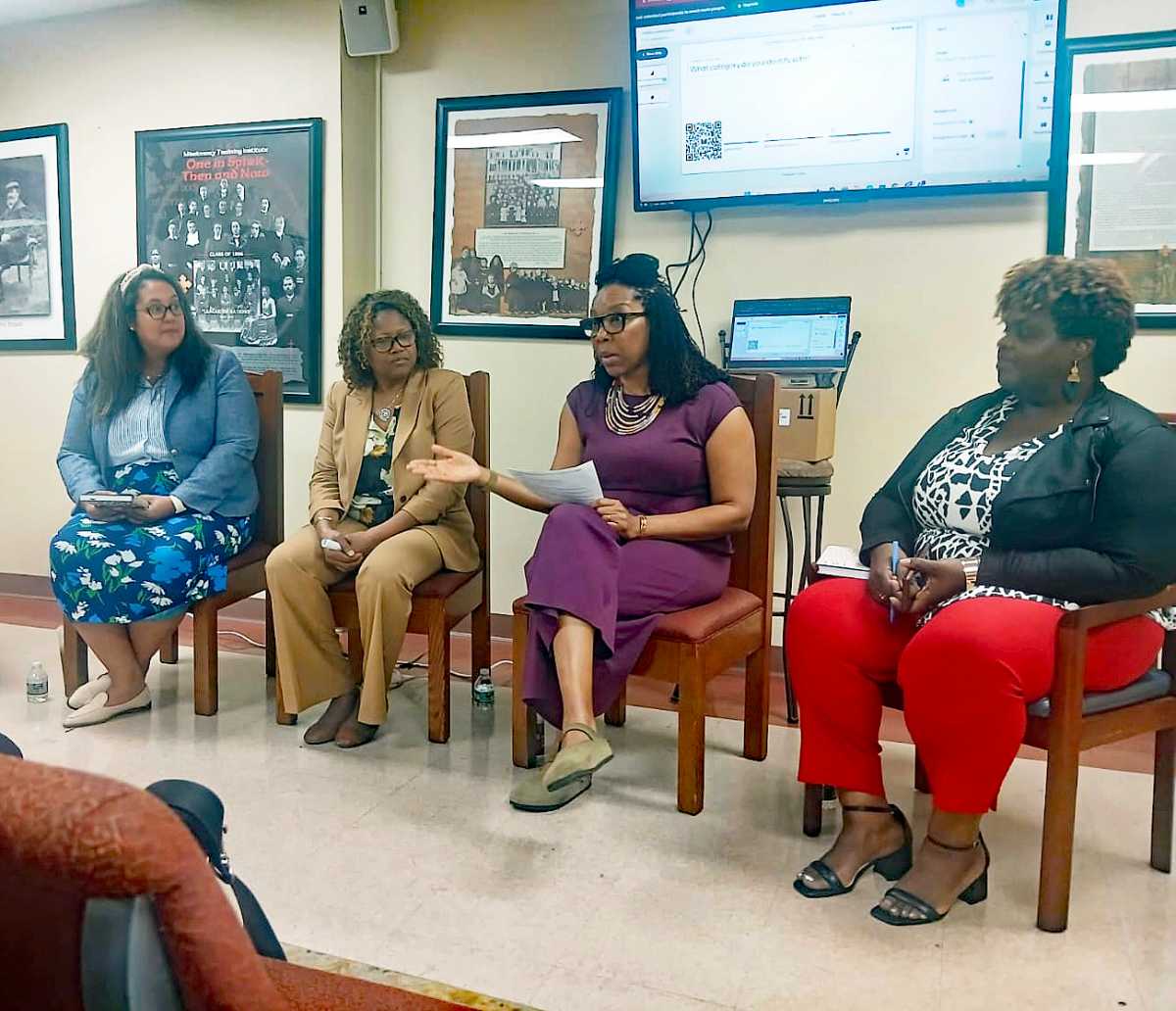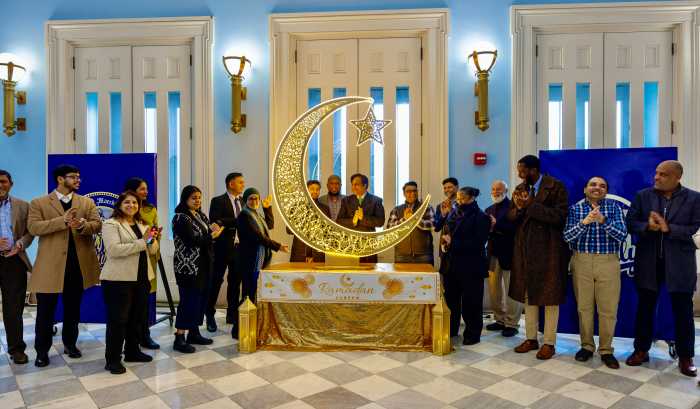The first full week of May, observed from the 4th to the 10th, marked National Maternal Mental Health Week. This observance aimed to raise awareness and promote a deeper understanding of Maternal Postpartum Disorder and the comprehensive care needed throughout the recovery journey.
Thus, last Thursday evening, a group of professional women with medical training and experience and advocates for maternal mental health care convened at Alliance Tabernacle Church on Clarendon Road in Brooklyn to discuss the growing problem facing mothers, especially Black mothers. The collaborative effort launched with a panel of four and an audience, allowing women in the audience to tell their personal stories.
After a brief welcome from the head of the church, Dr. Charles O. Galbreath, the conversation began, and members of the panel outlined the main concerns health professionals are called to explain whenever they must confront a mother’s problems regarding maternal postpartum.
“A lot of changes occur during the maternal postpartum period, including hemorrhage, cardiovascular changes, and tachycardia, which could occur both with the mother and the baby. So too is mental illness, postpartum depression, an abnormality caused by anxiety,” declared one panelist/therapist, ZuShana Turner, MHC-LP.
The panelist addressed changes for restoration as individuals expressed their concerns and discussed methods, highlighting what goes wrong during such critical moments. The panel listened as both young and older mothers addressed the problems they experienced and spoke about the absence of resources and the lack of referrals that worsen health concerns.
It was a consensus among the women that mothers should be able to access services to connect with other women when they do not have the support of others and have to face this new experience by themselves.
Members of the panel unanimously agreed that doula services are significant for mothers during and after childbirth. According to panelist and Midwife Trinisha Williams, CM, LM, MPH, FACCE, LCCE, LKC, “this is especially helpful because maternal postpartum can sometimes last up to three years.”
Panelist Sharon Rose, director of the Christopher Rose Empowerment Community Campaign, shared her personal experience and informed the mothers how important preparation is; it could lessen postpartum depression. “There should be more outreach and more trust in the community for services to help.”
Clergy Engagement Director Everette Samuel of the 67th Precinct Clergy Council shared her experience by telling of her sister committing suicide after giving birth. According to Clergy Leader Samuel, “She not only took her own life…, but she also took the child’s life as well.” Ms. Samuel recalled asking for more help from the community and collaborative efforts among mothers.
The panelists all concurred that there should be more work to emphasize the problem of maternal postpartum mental health disorder and the effects this has on some mothers. “There should be more ongoing work and collaborative efforts. Doula services are a helpful resource,” said Pastor Venessa Castro, pastor at the Alliance Tabernacle Church, who shared her personal story with the group.
The panelists’ issues, which required attention for newborns, education resources and referrals, connecting to doula services, prenatal and postpartum support from community resources, and the need for emotional and mental health care emerged from the eventful evening.























